Jason Davis • Nov 30, 2022
Best space pictures of the month: November 2022
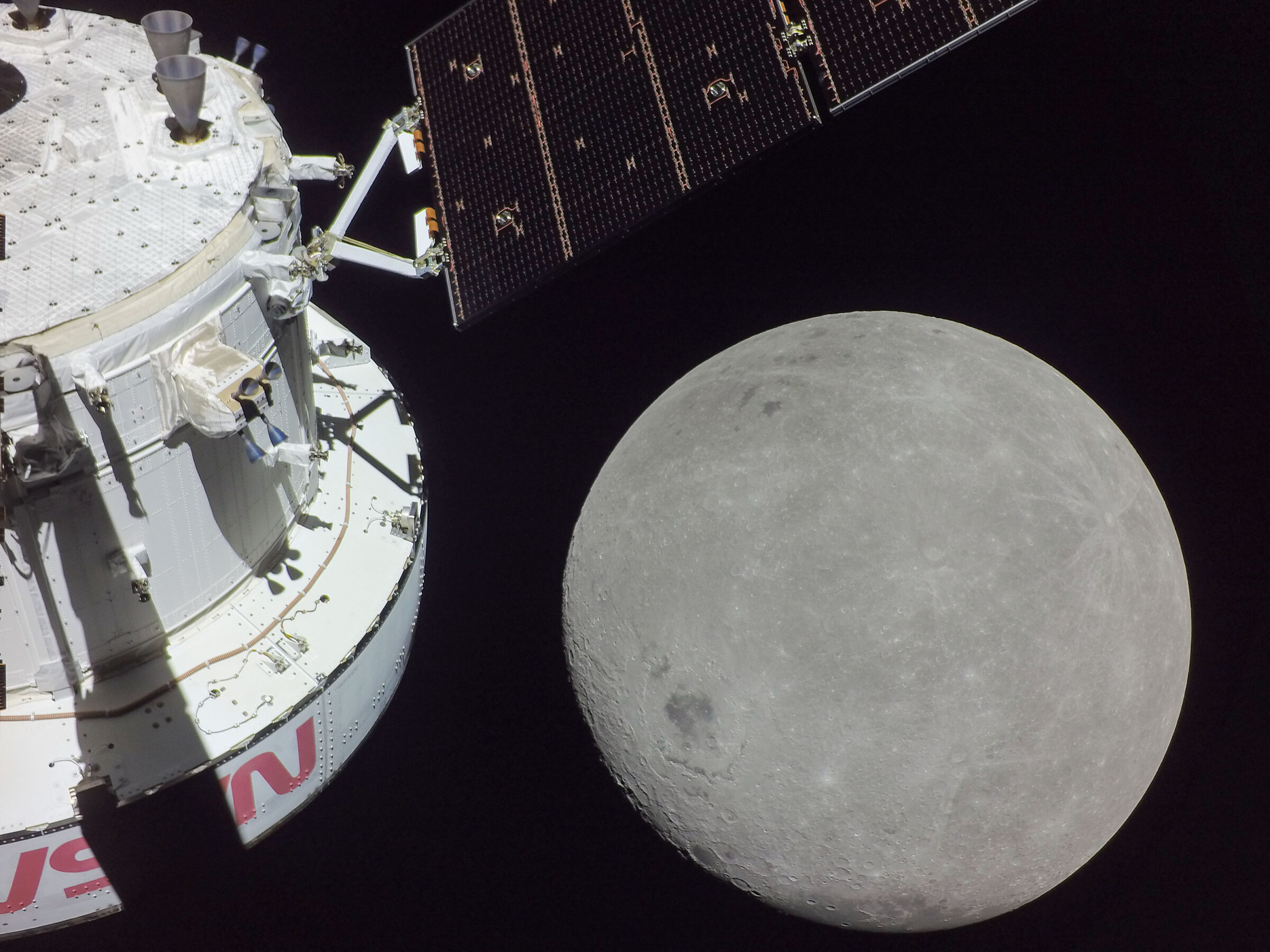
It was a November to remember in spaceflight. NASA’s Space Launch System blasted off for the first time, sending the Artemis I Orion crew capsule on a mission to the Moon and back. Artemis I is an end-to-end test of the vehicles that will carry humans back to lunar orbit, paving the way towards the first crewed Moon landing since 1972. Orion will travel 2.1 million kilometers (1.3 miIlion miles) before splashing down in the Pacific Ocean on Dec. 11.
As Orion flew past the Moon on Nov. 21, cameras on its solar arrays gave us stunning views of the Moon and Earth. For more context, we’ve asked Nujoud Merancy, NASA's chief of exploration mission planning, to tell us more about one of these amazing pictures.
“I love this image because it was a first for Artemis I in context of the Moon. This picture is from a solar array wing tip camera as Orion approached Outbound Powered Flyby on November 21. It has a near fully illuminated disk of the rarely seen lunar farside. This maneuver was the major milestone committing Orion to a long lunar orbiting mission.
For me, these solar array cameras have been one of the things I most looked forward to. Being able to take a picture or “selfie" to put Orion in the context of space, the Earth, and the Moon is so important on this uncrewed flight test. The vehicles are the mission. The vehicles were designed, assembled, tested and touched by thousands of teammates across the world. The vehicles are their fingerprints and now we can see all of our fingerprints floating through the cosmos.”
Here are some other images from around the Solar System and beyond that caught our attention this month:
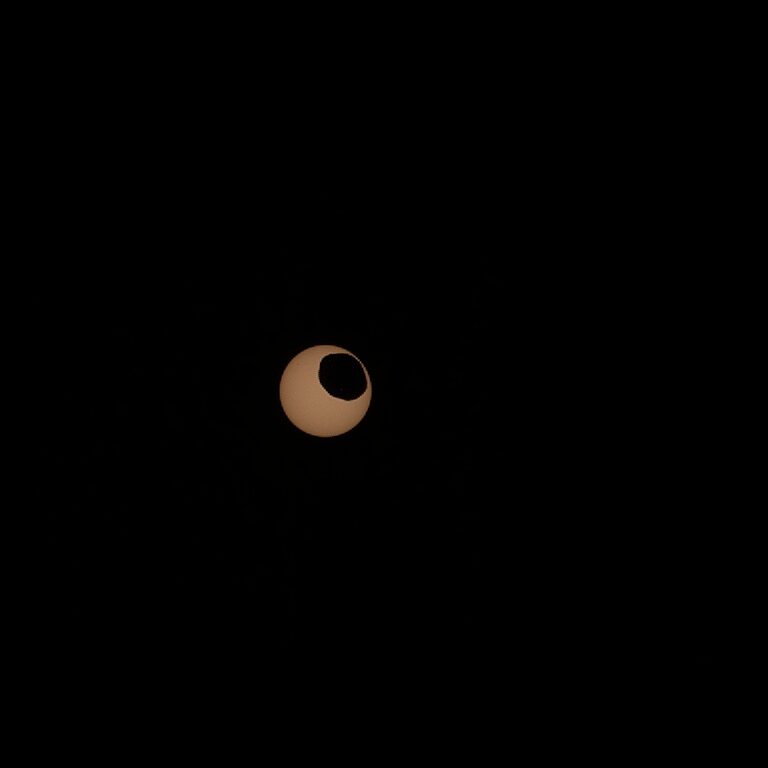
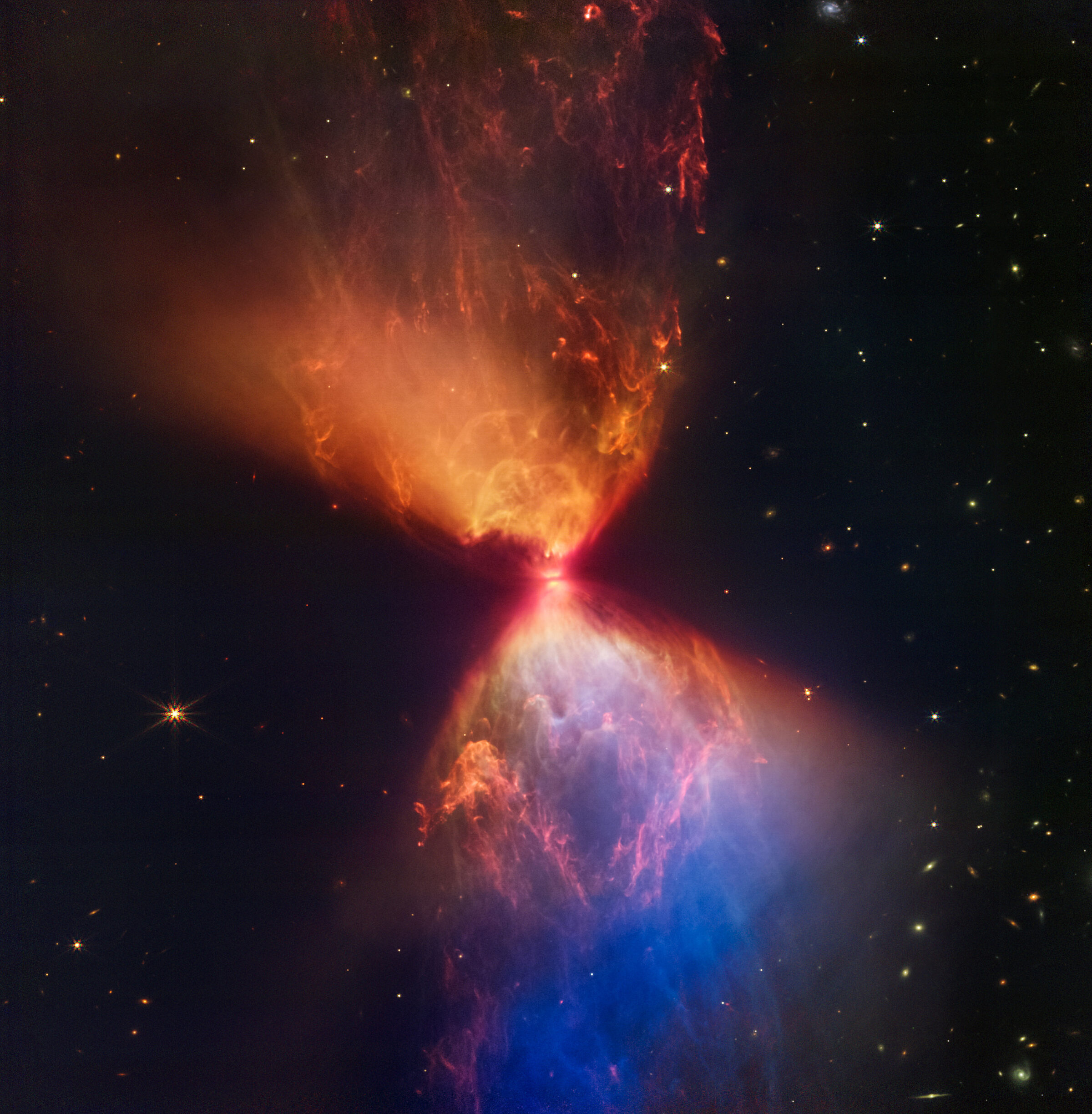
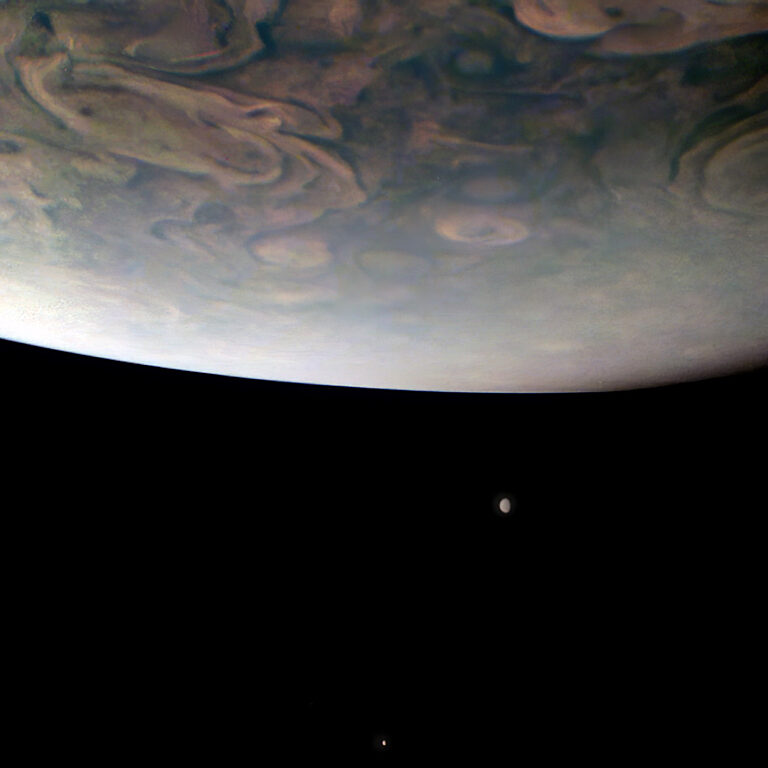
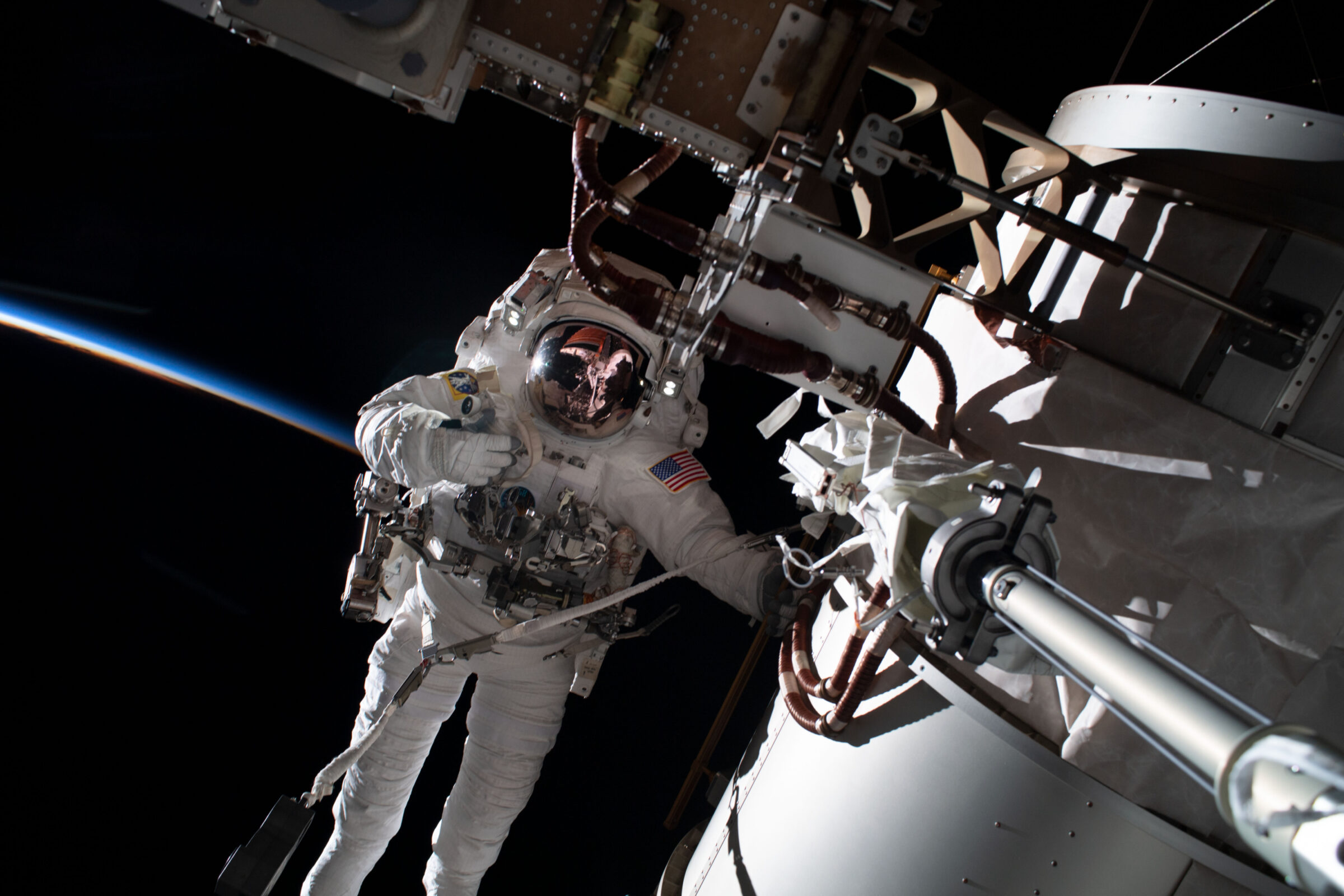
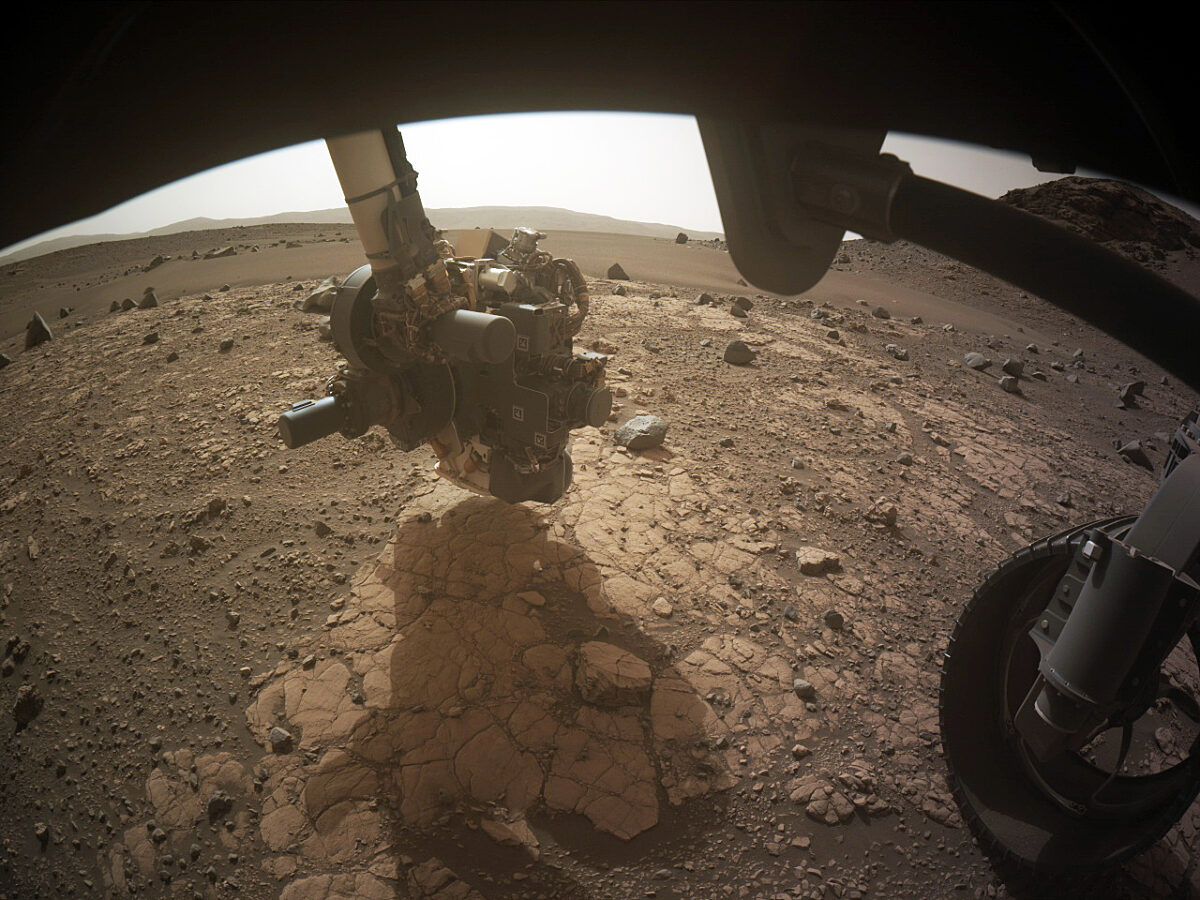
Solar snake The ESA-NASA Solar Orbiter mission captured this timelapse video of a "solar snake" crossing the surface of the Sun. The snake is a tube of plasma cooler than its surroundings, suspended by magnetic fields. It took about three hours for the snake to make the journey seen in the video, traveling at about 170 kilometers per second (106 miles per second). A plasma eruption then came from the region where the snake originated, raising the possibility that the two events were linked. The images of the solar snake were captured on Sept. 5, 2022, and this video was published by ESA on Nov. 4, 2022.Video: ESA / NASA / Solar Orbiter / EUI Team / Frédéric Auchère, IAS
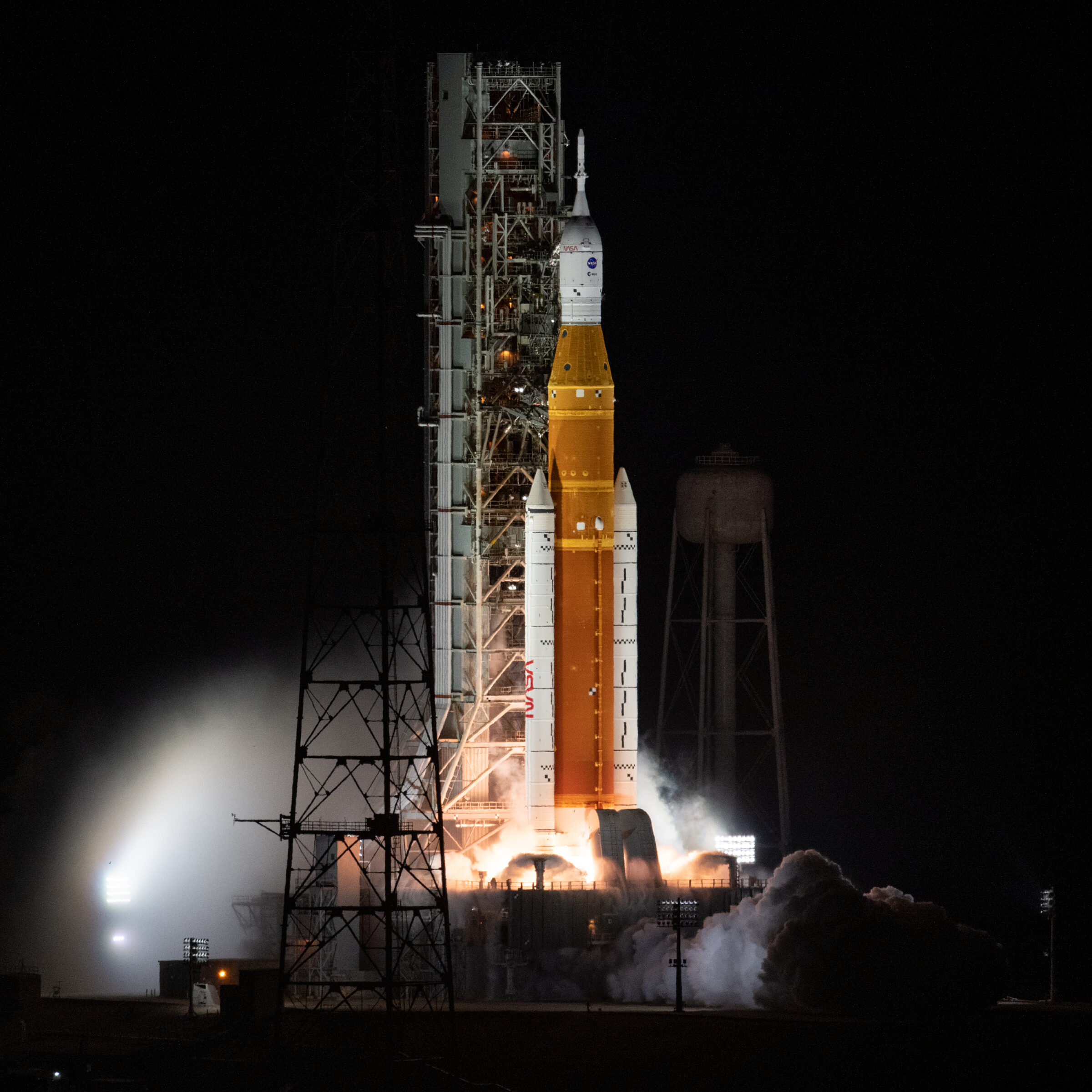
Support our core enterprises
Your support powers our mission to explore worlds, find life, and defend Earth. You make all the difference when you make a gift. Give today!
Donate

 Explore Worlds
Explore Worlds Find Life
Find Life Defend Earth
Defend Earth

